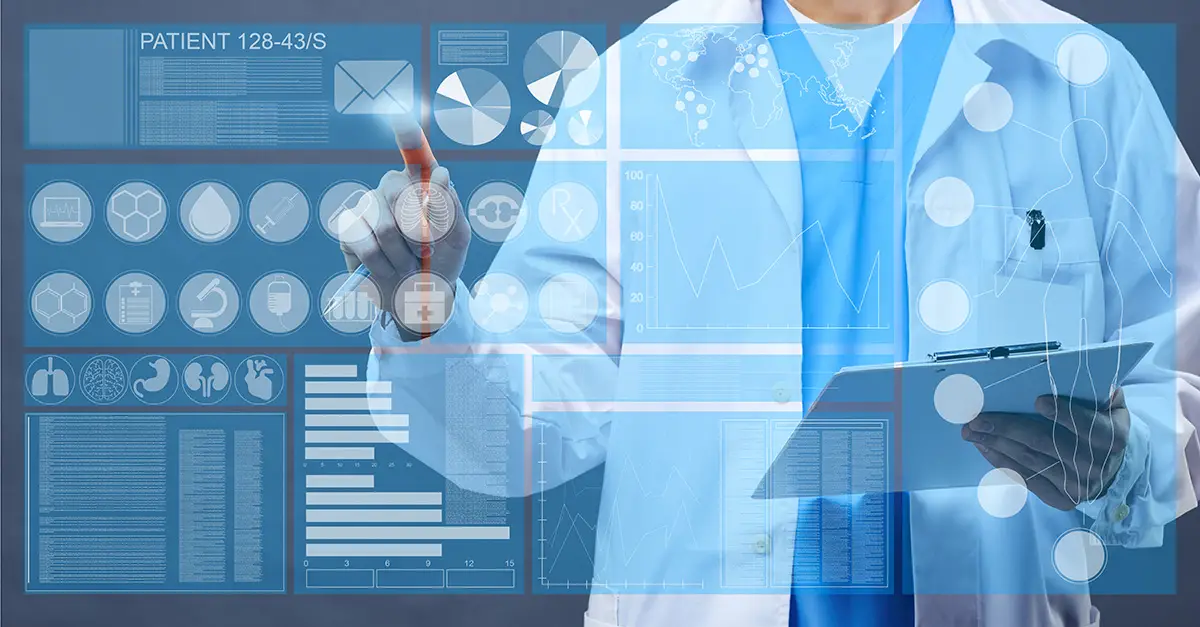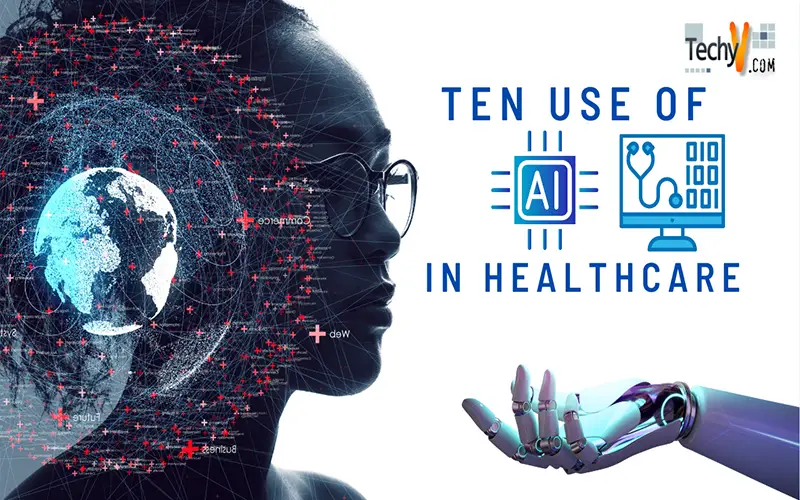Humans use technology to automate the most routine and monotonous tasks, reduce the use of paper through the digitization of health records, and aid in the easy flow of this information among insurance companies, hospitals, and patients. Healthcare AI refers to the application of artificial intelligence to medical services and their administration or delivery. Many healthcare sectors use machine learning (ML), large and often unstructured datasets, advanced sensors, natural language processing (NLP), and robotics. From hospital care to clinical research, drug development to insurance, AI applications are reshaping the healthcare system to reduce costs while improving patient outcomes. Here is the list of ten uses of AI in healthcare.
1. Managing Medical Records
Data management is the most widely used application of artificial intelligence and digital automation because the first step in health care is compiling and analyzing information (such as medical records and another history). It provides faster, more consistent access to trace data.
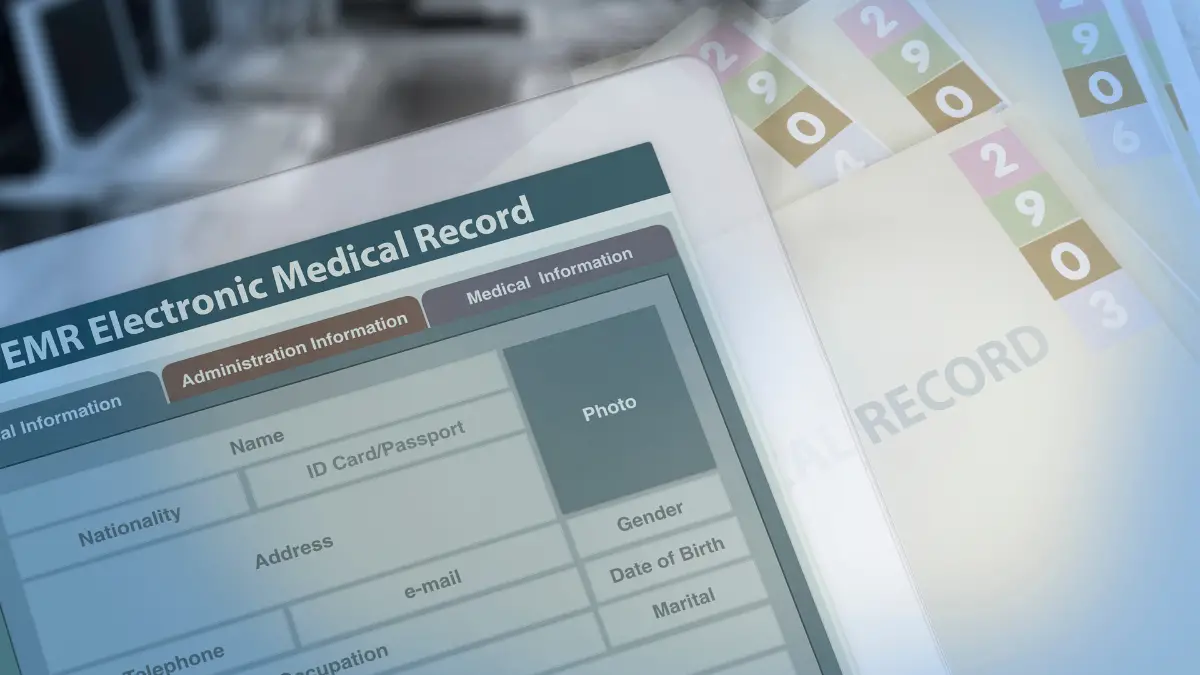
2. Medical Imaging Analysis
Medical researchers can use AI as a case triage tool. It aids a clinician in the review of images and scans. It allows radiologists and cardiologists to identify critical insights for prioritizing cases, avoiding errors in reading electronic health records (EHRs), and making more precise diagnoses.
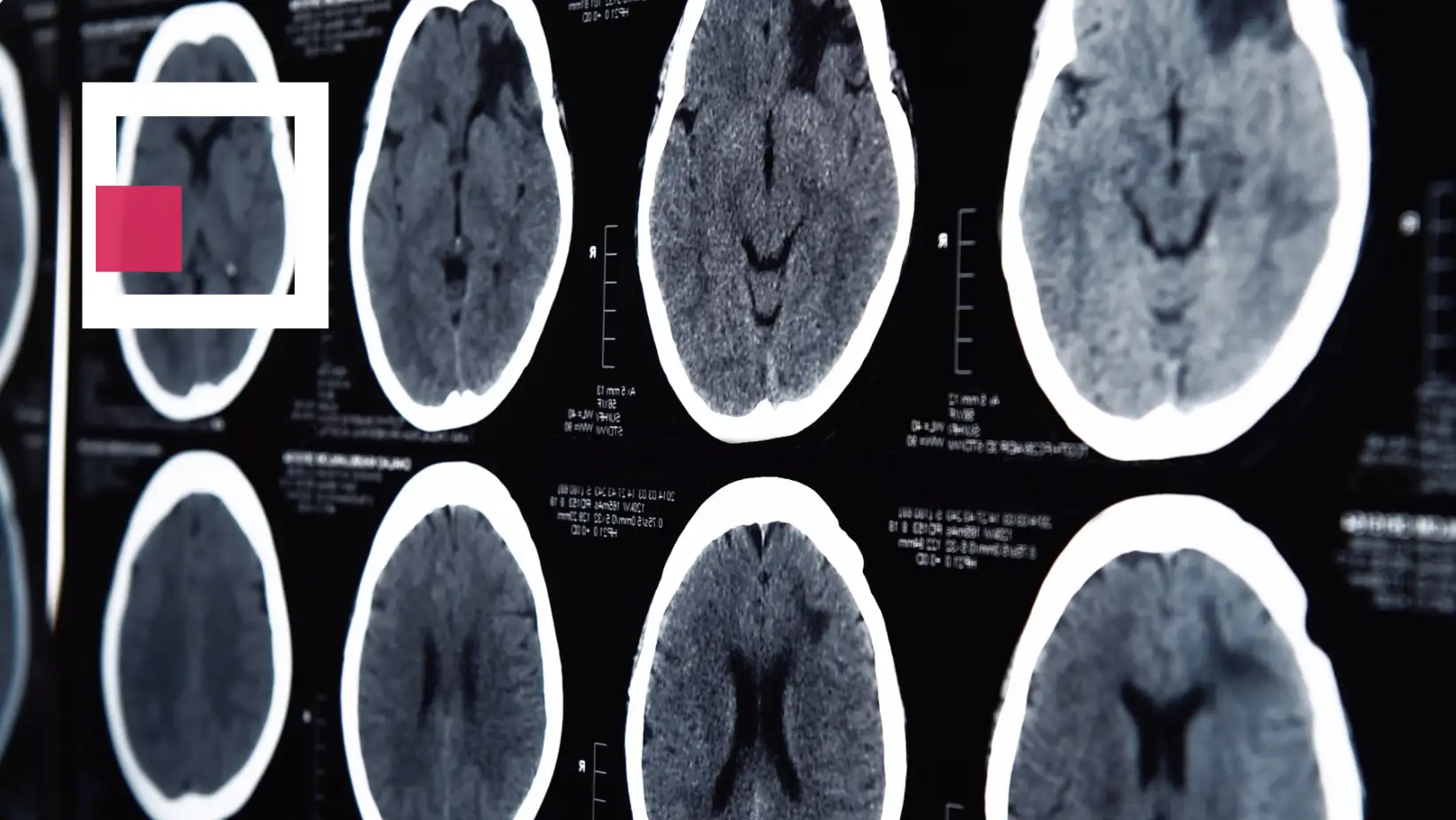
3. Medical Research
AI has a wide range of applications in medical research. In some cases, the goal is to remodel existing drugs. One recent example involved AI analyzing cell images to determine which drugs were most effective for patients suffering from neurodegenerative diseases. When neurons respond positively to these treatments, they change shape. However, standard computers are too slow to detect these differences.
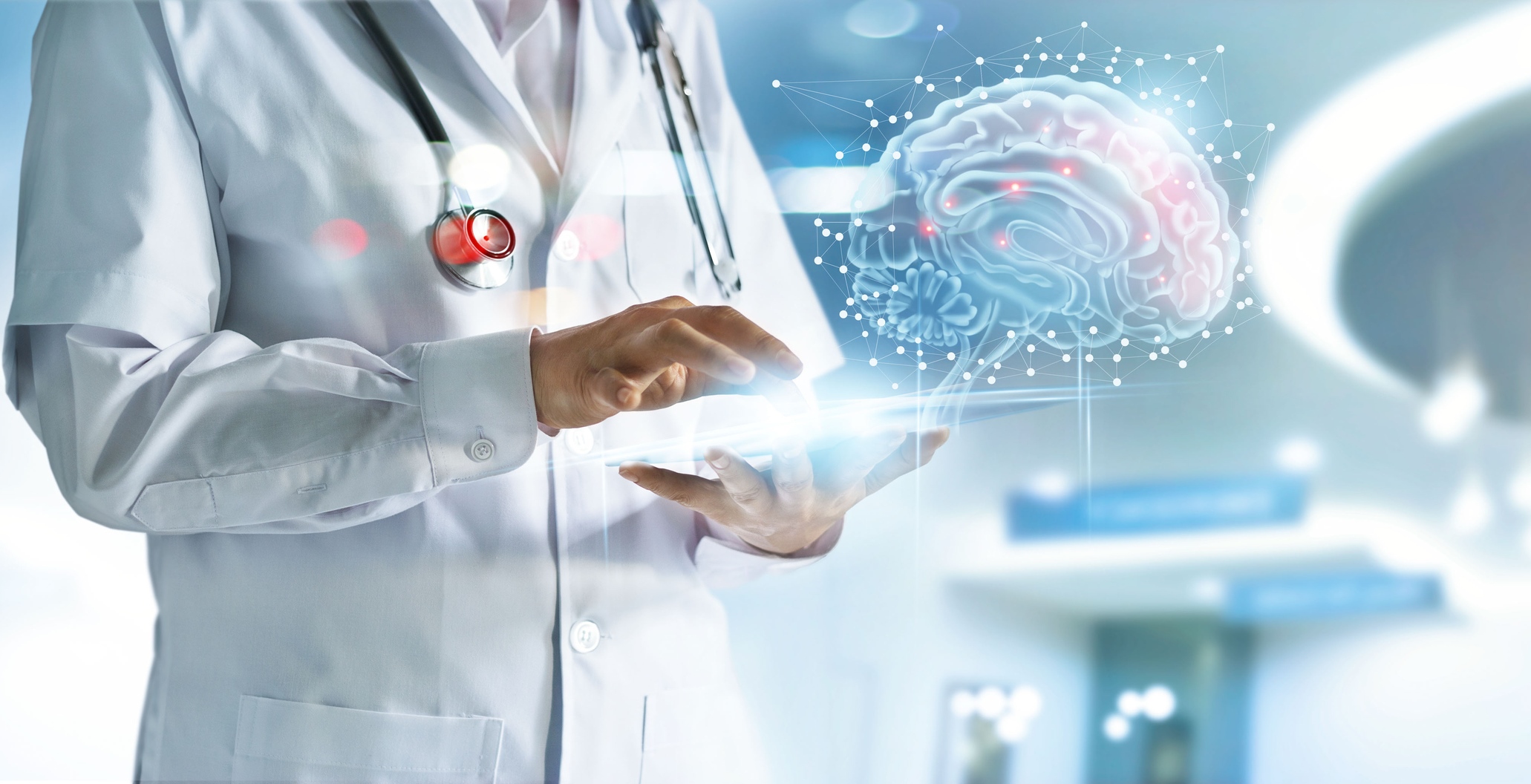
4. Enhance Primary Care And Triage Through Chatbots
Artificial intelligence contributes to the smooth flow and automation of primary care, freeing doctors to focus on more critical and dire cases. With medical chatbots, patients get instant answers to their health-related queries, concerns, and guidance on how to deal with any potential problems, saving them money on unnecessary doctor’s visits. They are AI-powered services that incorporate intelligent algorithms.
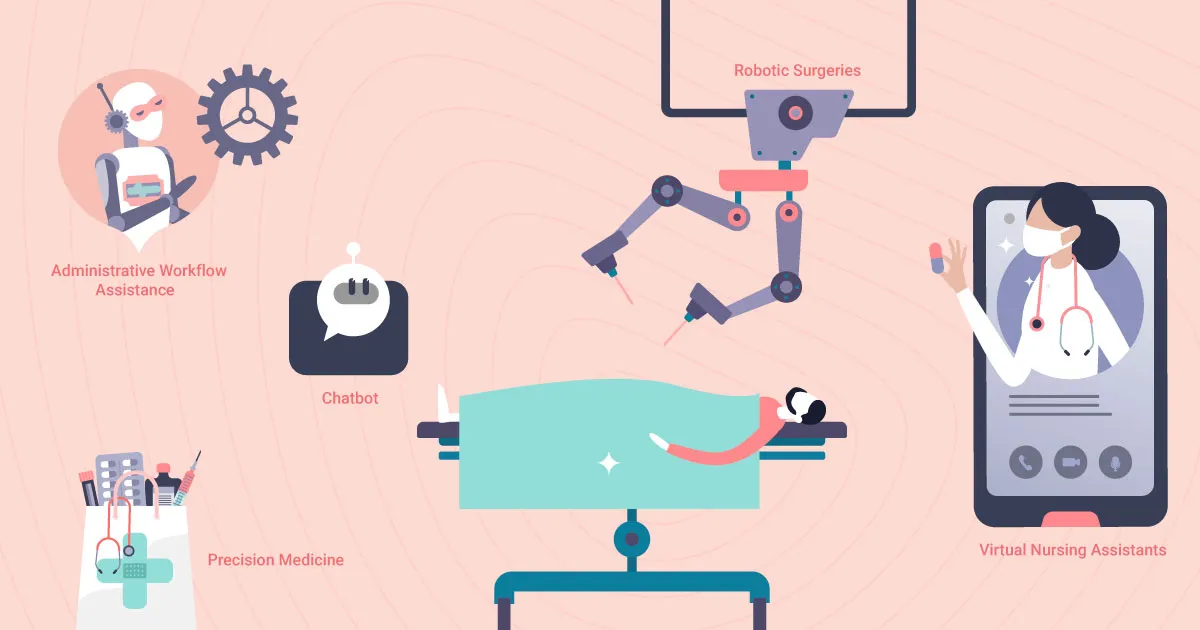
5. Repetitive Jobs
Robots can perform tests, X-rays, CT scans, data entry, and other mundane tasks more quickly and accurately. The amount of data to analyze in cardiology and radiology can be overwhelming and time-consuming. In the future, radiologists and cardiologists should only look at the most complicated cases where human supervision is necessary.
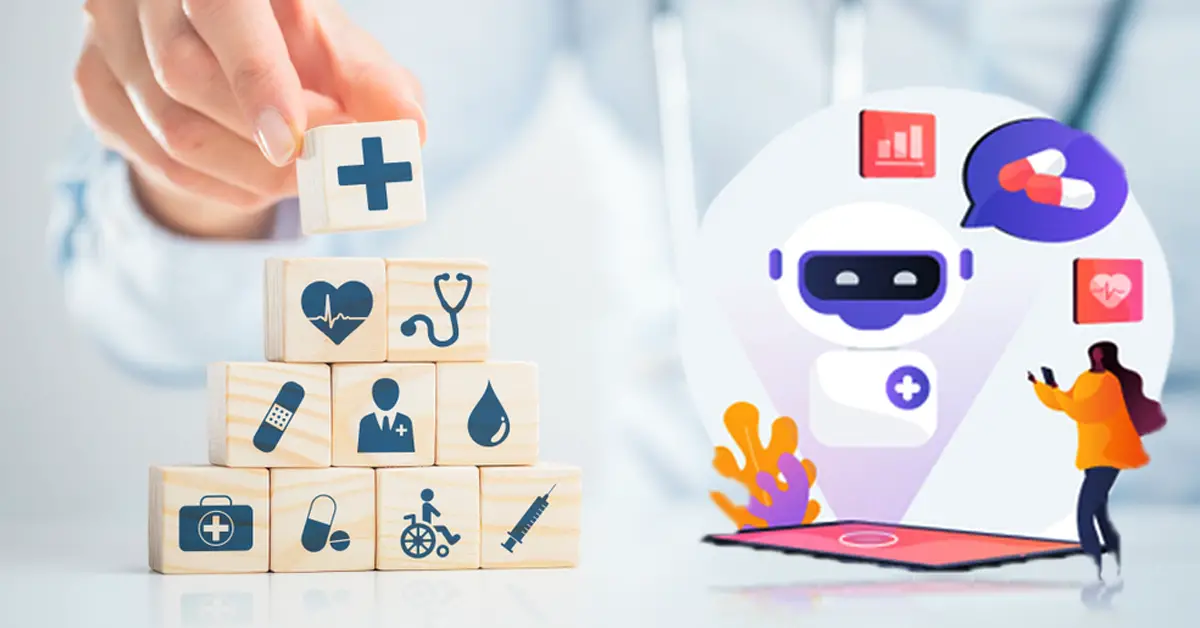
6. Decrease The Cost To Develop Medicines
Supercomputers have been used to predict which potential drugs would and would not be for various diseases based on databases of molecular structures. In an experiment similar to the development of self-driving cars, AtomNet analyzed millions of experimental measurements and thousands of protein structures to predict small molecule binding to proteins.

7. Medical Training
AI may also change how medical students receive some of their education. In one case, students received feedback from an AI tutor while learning to remove brain tumors. A machine learning algorithm in the system taught students safe, productive techniques and evaluated their performance. People learned skills 2.6 times faster and 36% better with AI.
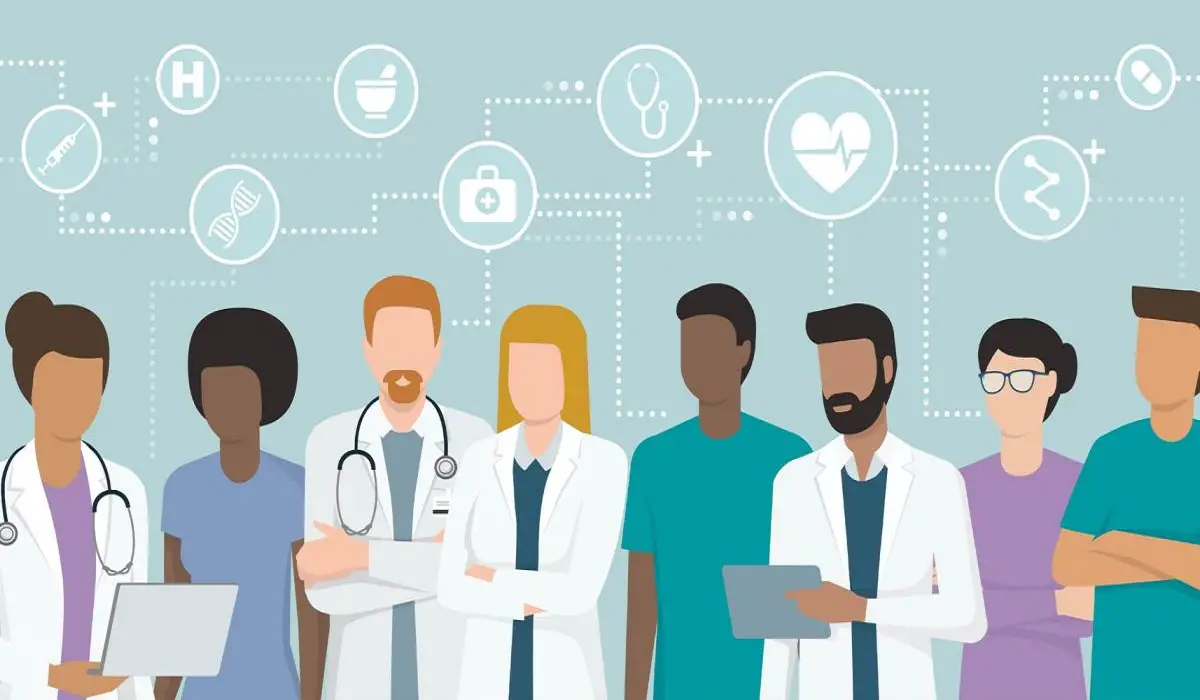
8. Virtual Nursing Assistants
I systems enable virtual nursing assistants to perform different tasks ranging from conversing with patients to directing them to the most appropriate and effective care unit. These virtual nurses are available 24 hours a day, seven days a week, and can answer questions, examine patients, and provide immediate solutions. Many AI- powered virtual nursing assistant applications now enable more regular interactions between patients and care providers between office visits to avoid unnecessary hospital visits.
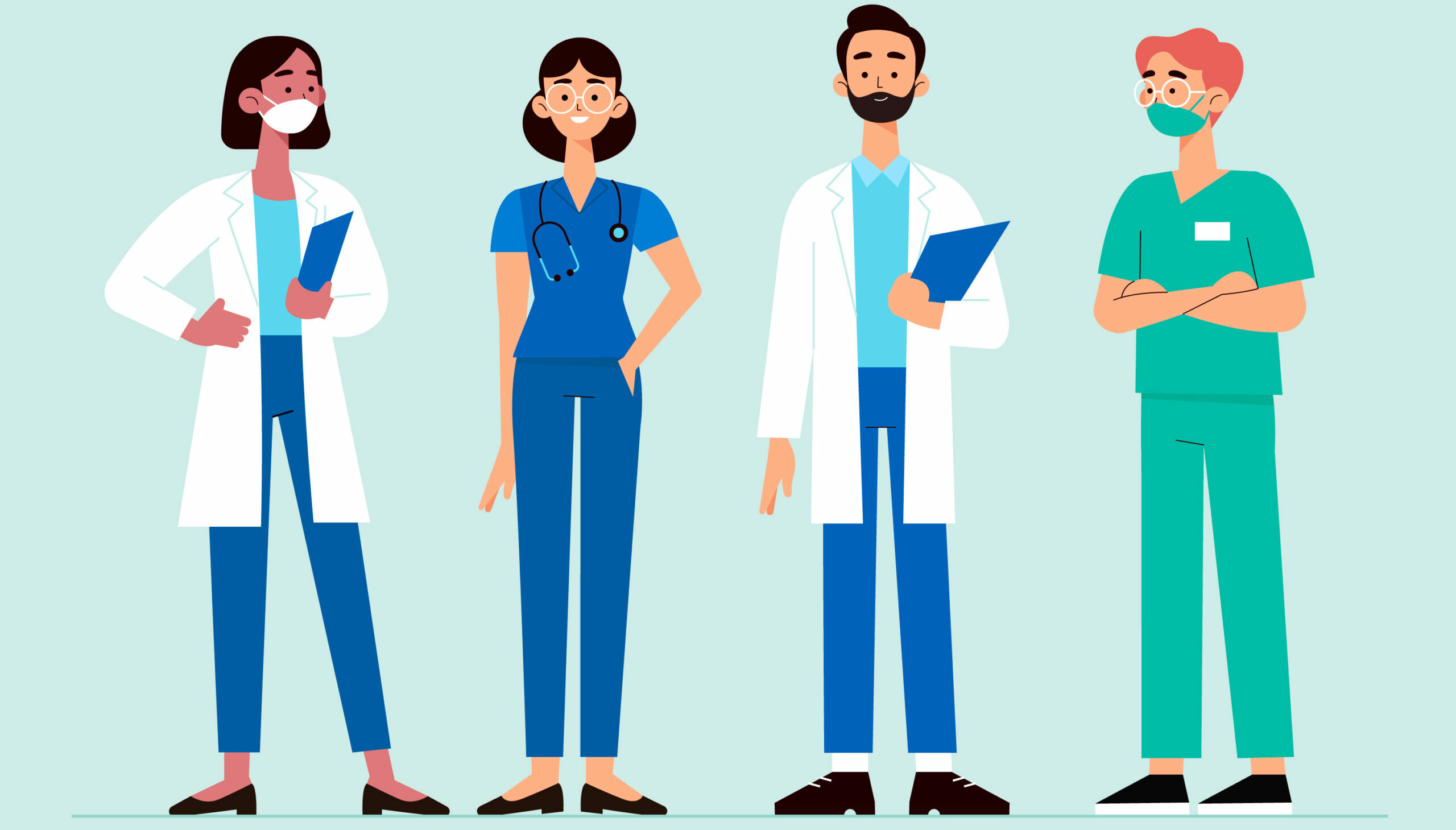
9. Precision Medicine
Genetics and genomics examine DNA information for mutations and links to disease. X-ray scans using AI can detect cancer and vascular diseases early and predict health issues people may face based on their genetics.
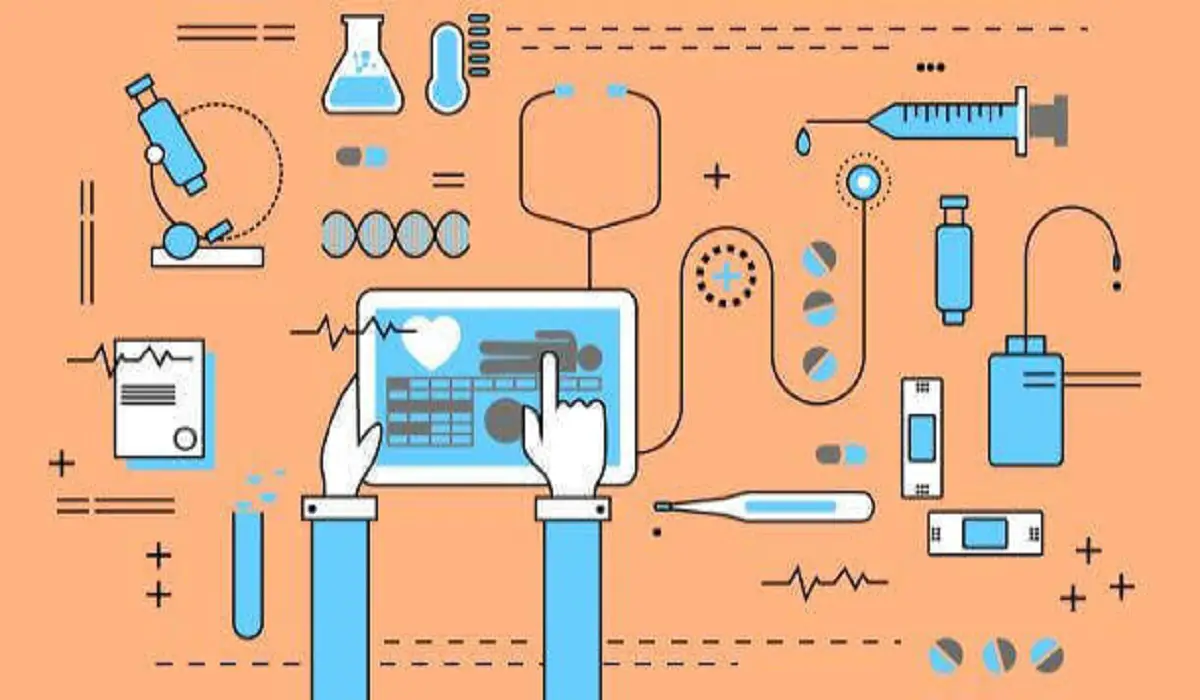
10. AI Analyses Unstructured Data
Due to massive amounts of health data and medical records, clinicians frequently struggle to stay updated on the latest medical advances while providing quality patient-centered care. By scanning EHRs and biomedical data curated by medical units and professionals, ML technologies offer clinicians prompt, reliable answers.
